Chinese
Chinese: Navigating the Challenges
With over 1.2 billion speakers, Chinese is the most widely spoken language in the world, serving as the primary language in mainland China, Hong Kong, Taiwan, Malaysia and Singapore. It plays a pivotal role in China’s remarkable economic growth, influencing import-export activities and the global movement of products. For some, Chinese represents the decline of the West; for others, it symbolises a new opportunity and connection.
However, entering these burgeoning markets, often showcased by events like the Shanghai Expo and the annual Canton Trade Fair, comes with its challenges—primarily due to the complexities of linguistic communication. Ambiguities can lead to misunderstandings, resulting in significant business setbacks, including complaints about counterfeit goods and failed ventures. These issues typically stem from cultural differences and a lack of mutual understanding between East and West. Thus, linguistic precision is crucial in all aspects of business, from visa applications to customs documentation, contract negotiations and technical manuals.
While English serves as a global lingua franca, it is not enough for businesses looking to thrive in the Far East. Chinese people deeply appreciate foreign partners who make the effort to communicate in their language. By providing documents and instructions in Chinese, companies can safeguard their interests and reduce the risk of misinterpretations that often arise when using intermediary languages like English. Preparing accurate translations into Chinese demands expertise and meticulous attention to detail, as it involves understanding content, recognising the country’s diverse institutions and selecting the appropriate linguistic variants.
It’s essential to note that there are two forms of Chinese script: simplified and traditional. The choice between them depends on the document’s intended audience and purpose, whether for the general public in the People’s Republic of China or a specialised audience in Taiwan. Moreover, the linguistic register in various contexts—such as daily news or legal contracts—often blends modern concepts with classical expressions. Additionally, Chinese comprises several dialects, or “topolects,” with Mandarin and Cantonese being among the most distinct, which can complicate communication.
Finding a skilled Chinese translator can be challenging. Historically, cultural exchanges were limited due to political isolation, particularly during the Maoist era, which stifled foreign language education and inhibited the development of translation theories. The mnemonic approach to language learning prevalent until the 1990s has proven inadequate for cultivating critical thinking and fluent communication.
Moreover, phonetic challenges can make it difficult for Chinese speakers to articulate foreign languages, such as English, further complicating cross-cultural communication. Many translators who operate outside China often lack the necessary linguistic expertise, typically coming from agricultural or commercial backgrounds.
Additionally, many emerging Chinese translation services prioritise short-term gains over quality, reflecting a broader trend in emerging economies where communication and cultural sectors are viewed as quick profit avenues rather than opportunities for sustainable professional growth.
Our professional translation services in Chinese
At SMG, we understand the intricacies of the Chinese language and culture. Our experienced translators are well-equipped to provide precise and culturally relevant translations, ensuring your messages resonate with your target audience. Whether you need interpreting services or written translations, we are here to help you navigate the complexities of the Chinese market with confidence.
With the objective of contributing positively to the overseas image of our clients and of developing their business, we take on translations of commercial, technical, legal, scientific and literary texts in Mandarin and Cantonese and in other variants of Chinese, also offering localisation services necessary for cultural and technical adjustments to be made to translations, while respecting the conventions of the target public.
Among the main translation areas, our work includes contracts, letters of attorney, manuals, instruction booklets, technical drawings in AutoCAD, catalogues, company presentations and websites, press releases, balance sheets and medical texts.
Expert Chinese Interpreting Services
Recognising the vital role that effective oral communication and cultural mediation play in successful negotiations, SMG UK offers professional interpreting services in the Chinese language, both in China and various Western countries.
Our team provides simultaneous interpreting, which is perfect for media events, corporate meetings, factory visits, conventions and international trade shows. With our skilled interpreters, you can ensure clear and effective communication, fostering positive outcomes in every interaction.

